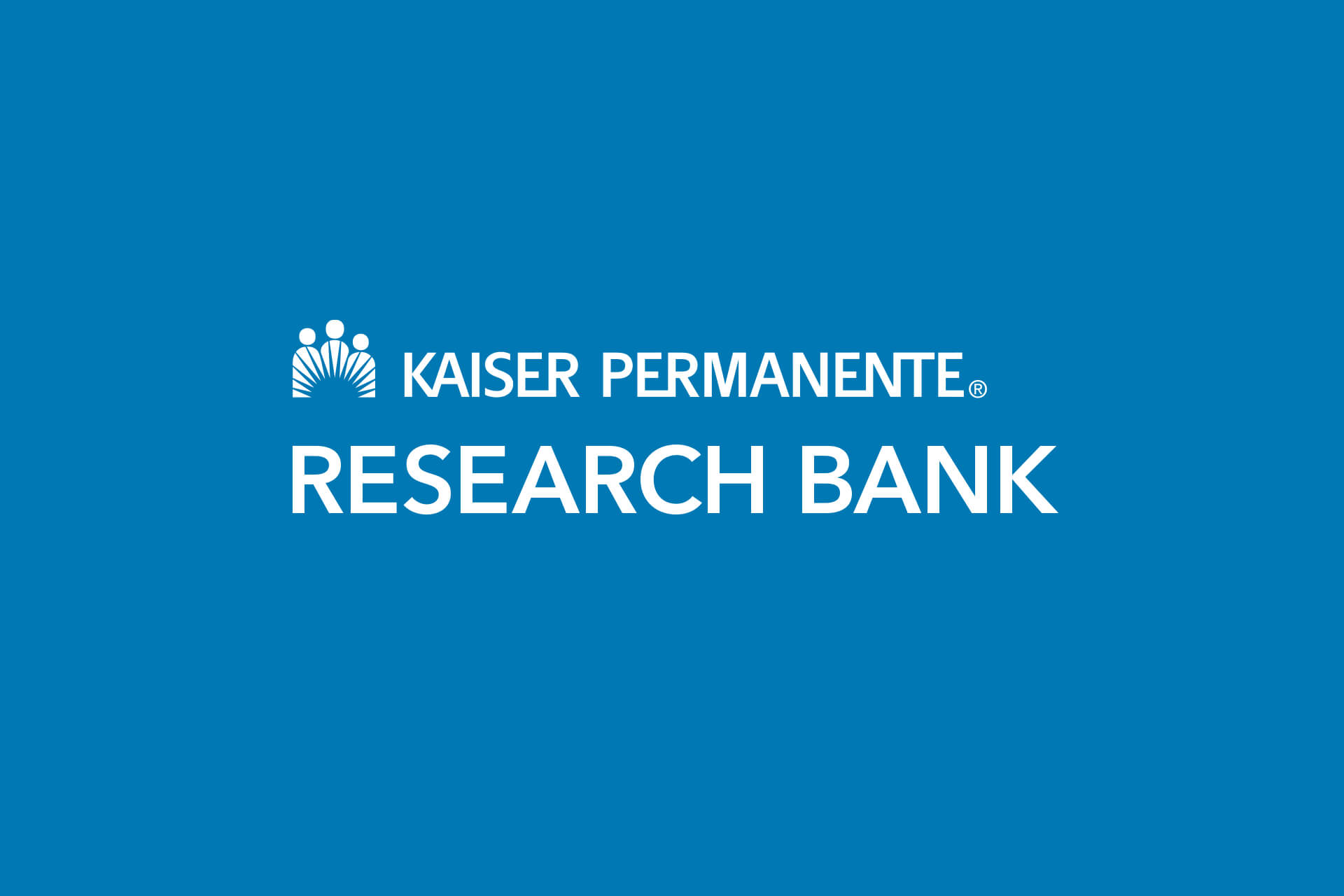Next steps for the Kaiser Permanente Research Bank
When we started over a decade ago, our focus was on reaching out to Kaiser Permanente (KP) members across the country to ask them to participate. We are grateful to the more than 400,000 of you who have chosen to volunteer in this new frontier of science and medicine.
Over the past few years, we’ve shifted to scientific analyses, including using the genomic data that were generated from the blood and saliva samples you contributed. These genomic data will allow the KP Research Bank to support many of the scientific studies we tell you about in our newsletters.
This year we have started a new project. We will be asking everyone who provided a blood or saliva sample more than five years ago to provide a new blood sample. Having samples collected at different times will add important scientific value to the KP Research Bank. These new samples will help researchers better understand how health changes over time. We are excited about supporting scientific studies that will use this information in years to come — especially since there’s the possibility that these studies could improve future prevention and treatment of various conditions.
In this issue of the newsletter, we’re featuring articles about the genotyping of the KP Research Bank samples, the KP Research Bank’s project to study the gut microbiome, and highlights from recently approved KP Research Bank projects.
Thank you for your continued interest in the KP Research Bank. My colleagues and I hope you have an enjoyable summer.

Devin Absher, PhD
Vice President,
Kaiser Permanente Research
The KP Research Bank genotyping effort is complete!
This means we have genomic data from KP Research Bank participants for scientific research. Adding this data to our resource represents a big and important step towards being able to support advancements in disease prevention and treatment.
Newsletters Archive




